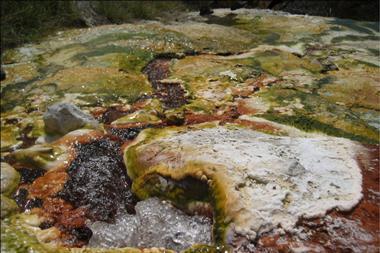US government looks to continue the sell off its helium stockpile but price rises may cost research dear
The US Senate has passed a bill that will let the government continue selling off its stockpiled helium, in an attempt to prevent a disruption of supply that could adversely affect researchers around the world. Currently, sales of the American stockpile, mainly built up during the cold war, supply 42% of the US and and 35% of global demand for the gas.
In 1996, US lawmakers ordered the sale of the federal helium stores to pay off the accumulated debts of $1.3 billion (£840 million) of the US Federal Helium Reserve in Amarillo, Texas. However, the sell off is set to end in October as the facility’s debts have been settled. Global production elsewhere is unable to meet current demands and researchers around the world had warned the ‘helium cliff’ could severely affect global research and development if the US reduces exports of the gas. However, while the sale looks set to continue, the price of helium is expected to rise. The current sell off has supressed the market value for helium and discouraged conservation and exploration for new sources.
The bill will now move to the the House of Representatives, which passed a similar bill back in April. The Senate and Representatives bills are similar but differ slightly in how the remaining helium will be sold off and what will be done with the proceeds.












No comments yet